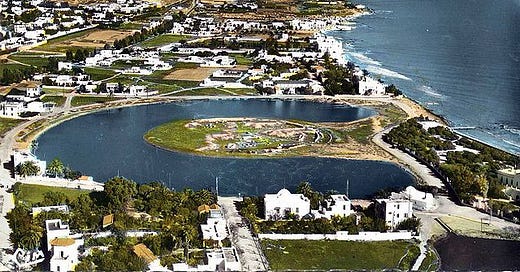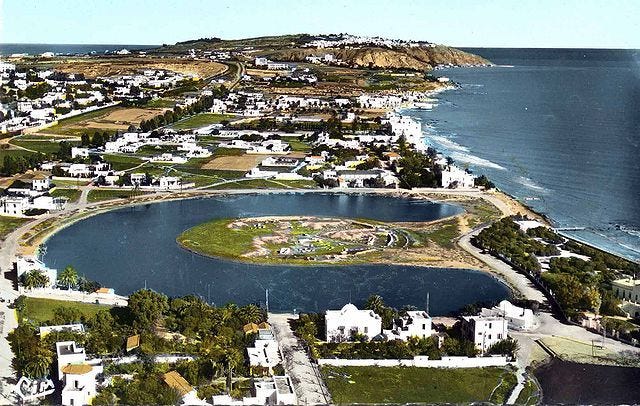Carthage is most often thought of in the context of Rome; "Carthage must be destroyed!" Part of the reason for this is that Rome really did manage to destroy Carthage, and survivorship bias is what it is: we don't have a ton of records from Carthage, so we don't know a lot about it.
But Carthage's conflicts & connections with its neighbors across the-sea…
Keep reading with a 7-day free trial
Subscribe to Manuscriptions to keep reading this post and get 7 days of free access to the full post archives.



